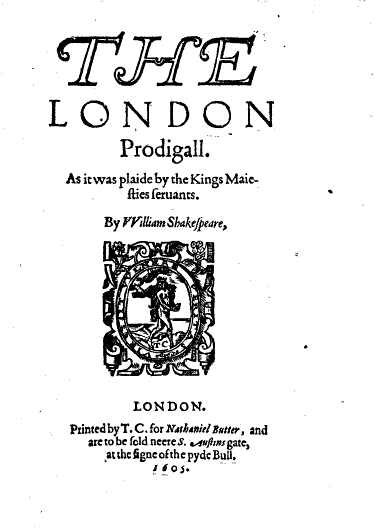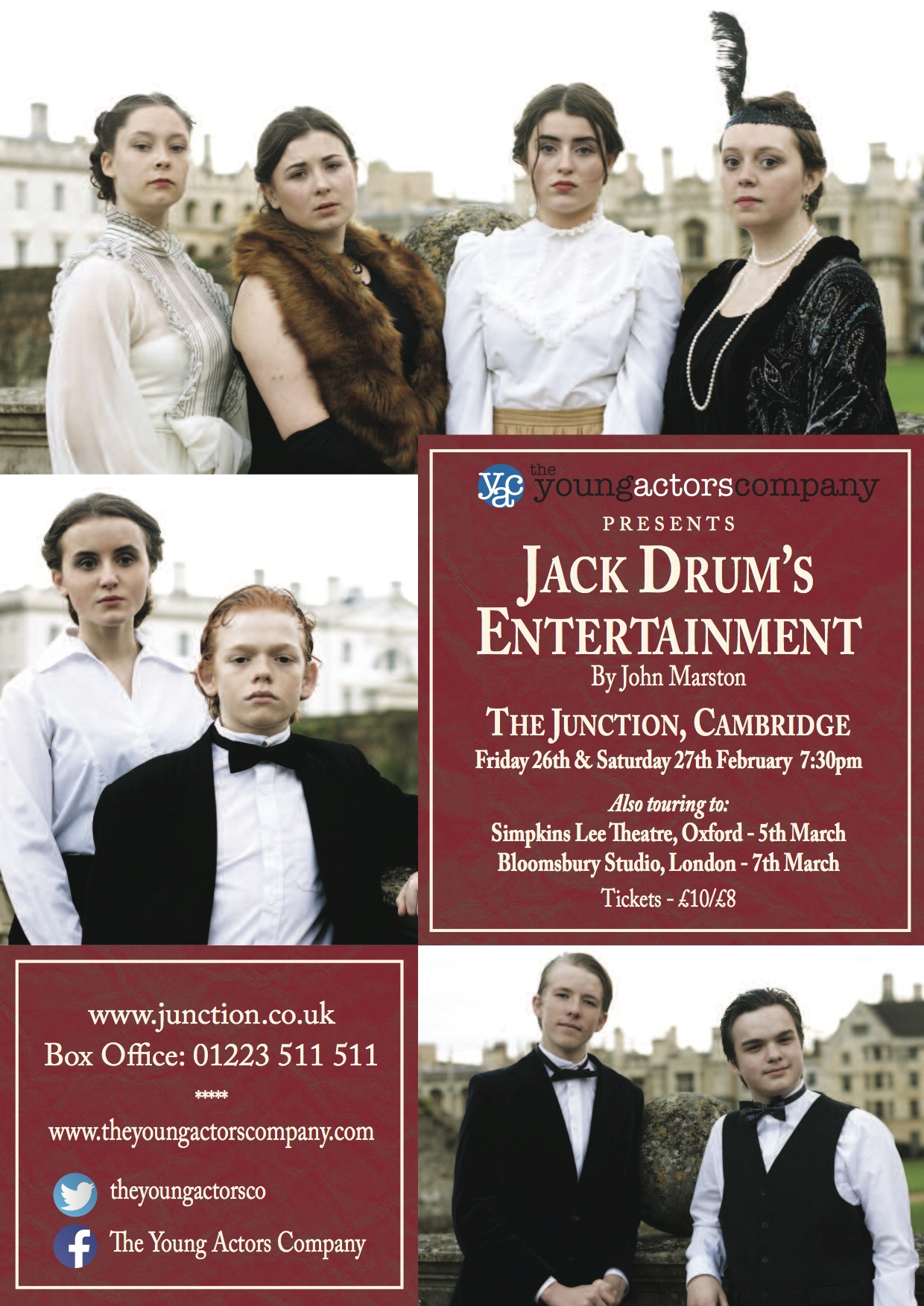Wren Library, Trinity College, 3pm
Nick Hardy (Cambridge)
Intended principally for graduate students interested in working on early modern Latin texts, this session will introduce some of the research methods that can be used in the study and contextualisation of humanistic printed books and manuscripts. Topics covered will include censorship; coterie and manuscript publication; the reconstruction of humanists’ libraries and the study of their marginalia; and the social, religious and political relationships between authors and other figures involved in the production of books.
Wednesday 17th February
CRASSH (Re)constructing the Material World, 12:30-2pm, SG1, Alison Richard Building
Interiors
Dr Antony Buxton (Tutor in design and domestic history, Department of Continuing Education, University of Oxford)
Dr Ulrich Leben (Associate Curator of Furniture, The Rothschild Collection, Waddesdon Manor)
Early Modern British and Irish Seminar, 5.15pm, Graham Storey Room, Trinity Hall
Aislinn Muller (Girton),
English Catholics and the Excommunication of Elizabeth I: Communication, Resistance and Remembrance
Thursday 18th February

 Friday 5th February, 1-2pm (GR06/07) ‘Let me honour your repentance’: Financial Excess and Repentance in Early Modern Drama Ezra Horbury
Friday 5th February, 1-2pm (GR06/07) ‘Let me honour your repentance’: Financial Excess and Repentance in Early Modern Drama Ezra Horbury A production of Marston’s Jack Drum’s Entertainment will be coming to the Cambridge Junction on Friday 26th and Saturday 27th February. The play is almost completely unknown but almost precisely contemporary with – and clearly not entirely unlike – Shakespeare’s later romantic comedies. There are eight new songs in the production, all original compositions using Marston’s lyrics. More information below:
A production of Marston’s Jack Drum’s Entertainment will be coming to the Cambridge Junction on Friday 26th and Saturday 27th February. The play is almost completely unknown but almost precisely contemporary with – and clearly not entirely unlike – Shakespeare’s later romantic comedies. There are eight new songs in the production, all original compositions using Marston’s lyrics. More information below:

